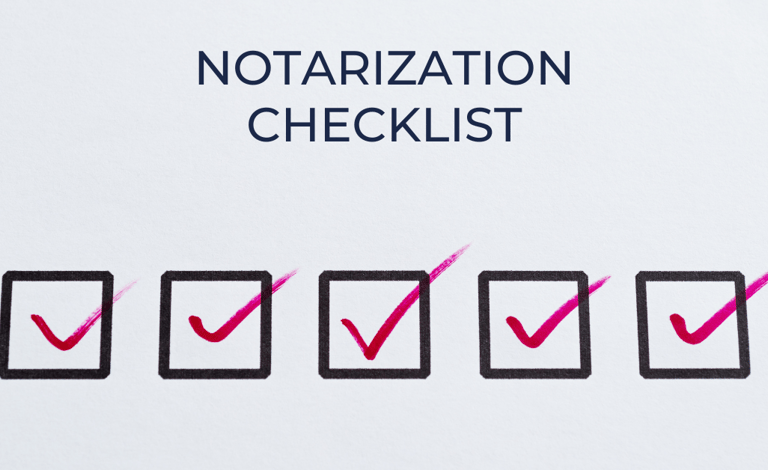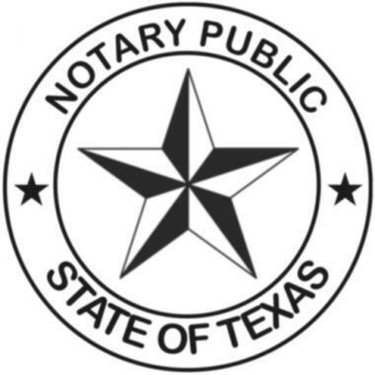don't wait. get your document notarized today! Call or text proactive mobile notary at 515-238-6201.
houston mobile notary | HOUSTON MOBILE INK CARD FINGERPRINT | HOUSTON MOBILE APOSTILLE | HOUSTON MOBILE I-9
BEFORE YOUR NOTARIZATION CHECKLIST
DO NOT sign
DO NOT SIGN documents until you are in the presence of the notary.
Fill in black spaces
Completely fill in all blank spaces in documents before Notary arrives but DO NOT SIGN!
We cannot notarize incomplete documents with blank lines.
We cannot accept just the last "signature page" without the rest of the document present - you must give the notary the complete document at the time of notarization.
Document questions
If you have questions about how to complete the document, contact the person who drafted or requested the document.
A Notary Public is unable to provide legal advice or assistance in the drafting and/or completion of documents.
Every signers must physically appear & have ID
When meeting with the notary, the individual signing the document must physically appear, be coherent, fully alert, and able to prove to the notary that they understand the contents being signed.
Nodding is not sufficient.
The notary cannot notarize someone with Alzheimer's or dementia or someone on medication that makes the signer extremely drowsy.
The individual signing the document must present acceptable ID (driver license, state-issued ID, passport, or military ID) at the time of notarization.
Get two witnesses
It's important to have all your documents and identification ready prior to meeting the notary. If the individual signing does not have and is unable to get an ID (an elderly person confined to a retirement home, for example) he or she still be able to sign. In this case, two witnesses that know the signer personally by name must be present who can attest to the identity of the signer and both of the credible witnesses also need to bring their own identification as well. When you reach out about your appointment, please let me know if a signer cannot get ID so we can plan accordingly in advance.
Original documents must be presented
A notary in Texas is not allowed to certify copies, you will have to be the document custodian.
Vital records (birth, death, and marriage) cannot be notarized.
Foreign languages
Each signer needs to be able to communicate with the notary.
It's ok if the document is in a foreign language, but the notary wording that the notary signs must be in English.
Know which notary certificate you need (an Acknowledgment or a Jurat)
A notary public cannot advice on which one to use.


LEGAL DISCLAIMER:
I am not an attorney licensed to practice law in Texas and may not give legal advice or accept fees for legal advice. Under the Texas Admin. Code Rule § 87.40, A Notary Public is prohibited by law to act in the capacity of an attorney, give advice in preparing legal documents, issue identification cards, distribute confidential information or perform any notarial act unless the signer is present. Any questions about your documents should be addressed to the lender, title company, or an attorney. We are not a government agency and apostille authentication is power that the government has. The role of a notary is to authenticating signatures and providing courier services to clients for their apostille documents.
© 2025. All rights reserved.
ProActive Mobile Notary brings expert, affordable mobile notary and document services directly to you across Houston, Katy, Cypress, Richmond, Sugar Land, and surrounding areas in Harris and Fort Bend Counties. Founded in 2019, we offer convenient home visits for all your notarization needs, including real estate documents, wills, trusts, affidavits, and power of attorney. Beyond general notarization, we specialize in FBI ink fingerprinting, apostille services / document authentication, and I-9 verification. We're certified, experienced, and available after-hours and weekend for flexible scheduling, with a Texas notary embosser seal on hand. Prefer to come to us? Our home office is also available by appointment for your notarization needs.
THANK YOU FOR SUPPORTING MY SMALL BUSINESS! GOD BLESS AMERICA.


Hanh Le, OWNER of Proactive mobile notary, is a licensed and bonded notary public and notary signing agent in houston, texas that has been background checked and screened annually.
We are open 7 days a week | 9:00 A.M to 9:00 P.M | Mobile and non-mobile services available | By appointment only, please call or send text to 515-238-6201
Alief, TX | Cinco Ranch, TX | Cypress, TX | Fulshear, TX | Houston, TX | Jersey Village, TX | Katy, TX | Meadows Place, TX | Memorial, TX | Mission Bend, TX | Missouri City, TX | Pearland, TX | Pecan Grove, TX | Richmond, TX | Rolling Creek, TX | Stafford, TX | Sugar Land, TX | 77084 | 77043 | 77041| 77079 | 77095 | 77040 | 77094 | 77433 | Brazoria County | Fort Bend County | Harris County | Montgomery County | Waller County | Notary Near Me | Mobile Notary Near Me | Houston Mobile Notary


